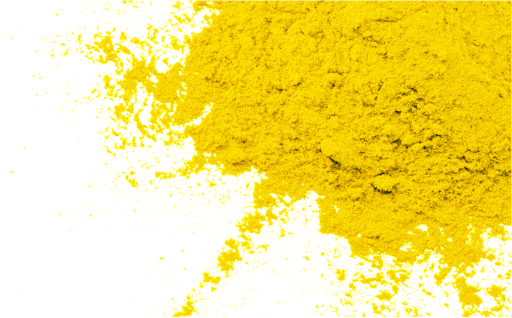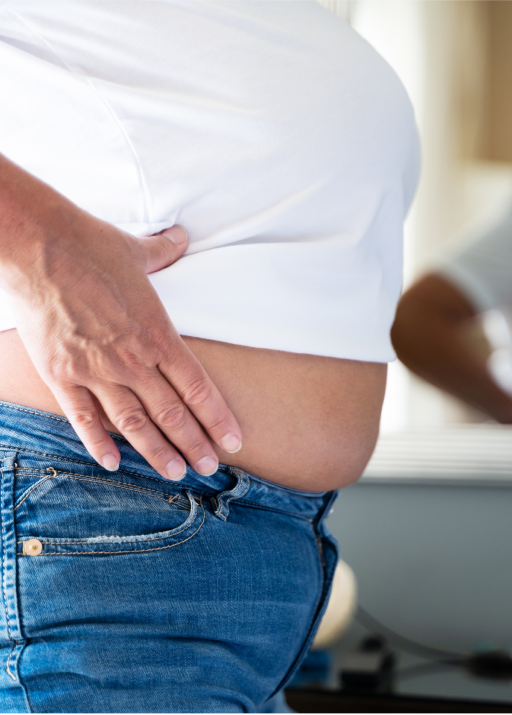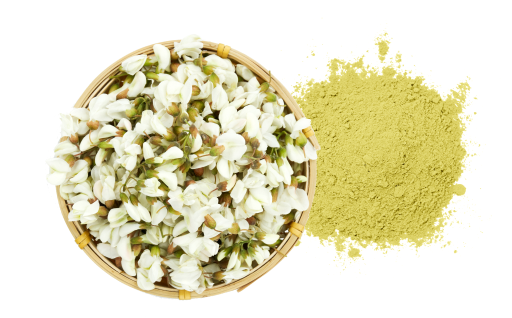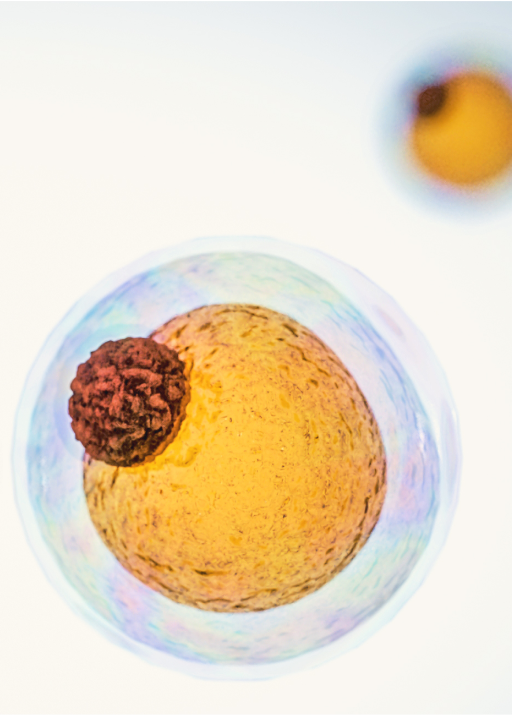Our Clinically Proven Ingredients Promote Gut Cleanse And Detoxification

Berberine: The Southeast Asian Digestive Superpower
Now if you’ve heard of Berberine you know how good it is, but you might also remember that it’s actually not very absorbable on its own, but here’s the thing...
Berberine is an amazing plant extract that has been used in Eastern medicine since around 650 B.C. For over three thousand years, Berberine was highly regarded for its healing properties and used in ancient and traditional medicine in both Asia and Egypt.
This ingredient has been studied by scientists and health experts across the world, yet in the modern western world, it’s been kept hidden from us.
Berberine acts like an army of friendly soldiers that march straight to your gut and get to work destroying the nasty gut invaders that may have hijacked your body.
Not only will it help kill off the nasty archaea who have taken over your gut, it can also help you fully empty your bowels every day to feel light and energetic again...
You’re going to say goodbye to uncomfortable gas, painful straining, and excessive wiping...
You can also say goodbye to that “bloated belly look” leaving you with a slim and trim midsection that makes you feel confident and sexy again...
And unlike antibiotics, which are massively overprescribed by doctors and almost always do more harm than good...

Not only will it help kill off the nasty archaea who have taken over your gut, it can also help you fully empty your bowels every day to feel light and energetic again...
You’re going to say goodbye to uncomfortable gas, painful straining, and excessive wiping...
You can also say goodbye to that “bloated belly look” leaving you with a slim and trim midsection that makes you feel confident and sexy again...
And unlike antibiotics, which are massively overprescribed by doctors and almost always do more harm than good...
Berberine kills the methane-producing archaea without harming any of the friendly microbiome in your gut.
Studies have actually shown that it boosts and strengthens your friendly flora.
In fact, in a 2014 study conducted at The Johns Hopkins Department of Internal Medicine, found Berberine was shown to be as effective as Rifaximin (a strong antibiotic) in reducing bacterial overgrowth as well as eliminating archaea, but WITHOUT the side effects.
In an 2018 animal study, berberine was shown to not only destroy archaea and other harmful bacteria living inside the gut microbiome but also was shown to boost healthy friendly flora that have their own incredible health-promoting effects.
Berberine has many other healing qualities which include lowering blood sugar, lowering cholesterol, and it’s also great for weight loss because it activates the AMPk pathway — the metabolic master switch.
The more I discovered about Berberine, the more I knew it would be a total game-changer for my patients.
But remember - berberine alone is extremely hard to absorb and not very bioavailable.
Which is why I started to experiment with a few other gut-healing ingredients that can be combined to increase bioavailability and help deliver faster, more permanent results.

Deglycyrrhizinated Licorice (DGL): Digestive Lubricant That Helps Perfect Poops Slide Out With Ease
Used as a digestive aid for thousands of years, DGL has been shown to heal the digestive tract by increasing the body’s mucus-producing cells in the gastrointestinal lining.
This mucus serves two very important functions in your stomach...
First, it provides a protective coated layer that cushions and protects your cells from external toxins and even your body’s own digestive acids and enzymes.
And second, it creates a wet, slippery substance that helps your movements pass through easily, helping to promote magical daily poops that practically slide out on their own without pushing or strain.
Like a well lubricated slide, DGL helps poop effortlessly glide through your intestines while unclogging your colon and eliminating the build-up of “stuck poop” that causes excessive fecal weight issues.
DGL is the KEY to those perfect poops that slide out clean and require minimal wiping.
It's also been used traditionally by women to help balance hormones during menstruation and menopause.

Star Anise: A 3000 Year-Old Ancient Secret That Optimizes Bile Production
Next, I included a 3000-year-old Asian secret called Star Anise...
Star Anise helps stimulate your digestive tract and release your body’s natural laxative, bile.
Many people with constipation have low bile and don't even realize it.
Bile acids are created in the liver and released into the digestive system to help break down fats so they can be absorbed into your body through your small intestine.
Bile acid also softens your stools, providing even more lubrication for your poop to quickly move through your colon.

Quercetin: Master Antioxidant That Helps Repair Intestinal Damage And Reduces Allergies
I also included one of my all time favorite ingredients, the plant based polyphenol, Quercetin.
Quercetin is an antioxidant, anti-inflammatory and has been shown to help your body fight off many harmful diseases.
Some studies even suggest that in certain conditions, it has the potential to help kill off cancer cells, control blood sugar, and also prevent heart disease.
And while that's wonderful, the main reason I included Quercetin is because it also helps fix and repair the damage that Archaea and other parasites may have caused to your intestinal walls...
Remember, we talked about how leaky gut is caused by holes in your gut lining that allow tiny particles of poop to leak into your bloodstream, causing headaches, joint pain and fatigue?
Quercetin acts like a repairman and helps your cells patch up the holes and supports the mucosal lining of your gut, which is the protective barrier separating your gut from your bloodstream.

Resveratrol: A Powerful Fat Burner That Will Also ‘Remodel Your Gut’
Now, remember we talked about Berberine and all of its incredible benefits for flushing the bowels and repairing the gut lining, but it's just not very bio available?
Well, our final ingredient, Resveratrol, is THE KEY to boosting bioavailability and unlocking all of its full power, as well as bringing its own powerful set of benefits.
For example, resveratrol is one of the compounds responsible for the "French Paradox".
At a time when dietary saturated fats were believed to contribute to heart disease, researchers were shocked to find that France, with its high intake of fatty foods, had less heart attack deaths than those in the US and the UK.
Laboratory studies show that resveratrol can block the formation of new fat cells, reduce the accumulation of fat tissue and enhance fat burning efficiency. Resveratrol activates genes to stimulate fat burning and increase metabolic heat -- also known as thermogenesis, unlocking your body's full fat burning ability.
However the most overlooked benefit is that Resveratrol is known to 'remodel the gut'.
For example, studies demonstrate that it increases levels of friendly flora lactobacillus and bifidobacterium, while reducing Enterococcus faecalis, a nasty bacteria associated with chronic infections, cancer and obesity.

Laboratory studies show that resveratrol can block the formation of new fat cells, reduce the accumulation of fat tissue and enhance fat burning efficiency. Resveratrol activates genes to stimulate fat burning and increase metabolic heat -- also known as thermogenesis, unlocking your body's full fat burning ability.
However the most overlooked benefit is that Resveratrol is known to 'remodel the gut'.
For example, studies demonstrate that it increases levels of friendly flora lactobacillus and bifidobacterium, while reducing Enterococcus faecalis, a nasty bacteria associated with chronic infections, cancer and obesity.
Remember we talked about how bile is your body's natural laxative? Well, resveratrol also increases your body's bile production, to ensure your bowel movements are easy, regular and well lubricated.
And to top it off, several studies have shown that resveratrol can improve the integrity of proteins in the cells of your gut barrier. Resveratrol activates the genes involved in maintaining these tight junctions between the intestinal cells, helping your body to reverse a leaky gut condition.
What's meant to be in your gut, stays in your gut.
Get Total Digestion Relief Now>




































 FLUSH OUT PATHOGENIC BACTERIA COLONIES
FLUSH OUT PATHOGENIC BACTERIA COLONIES 







































